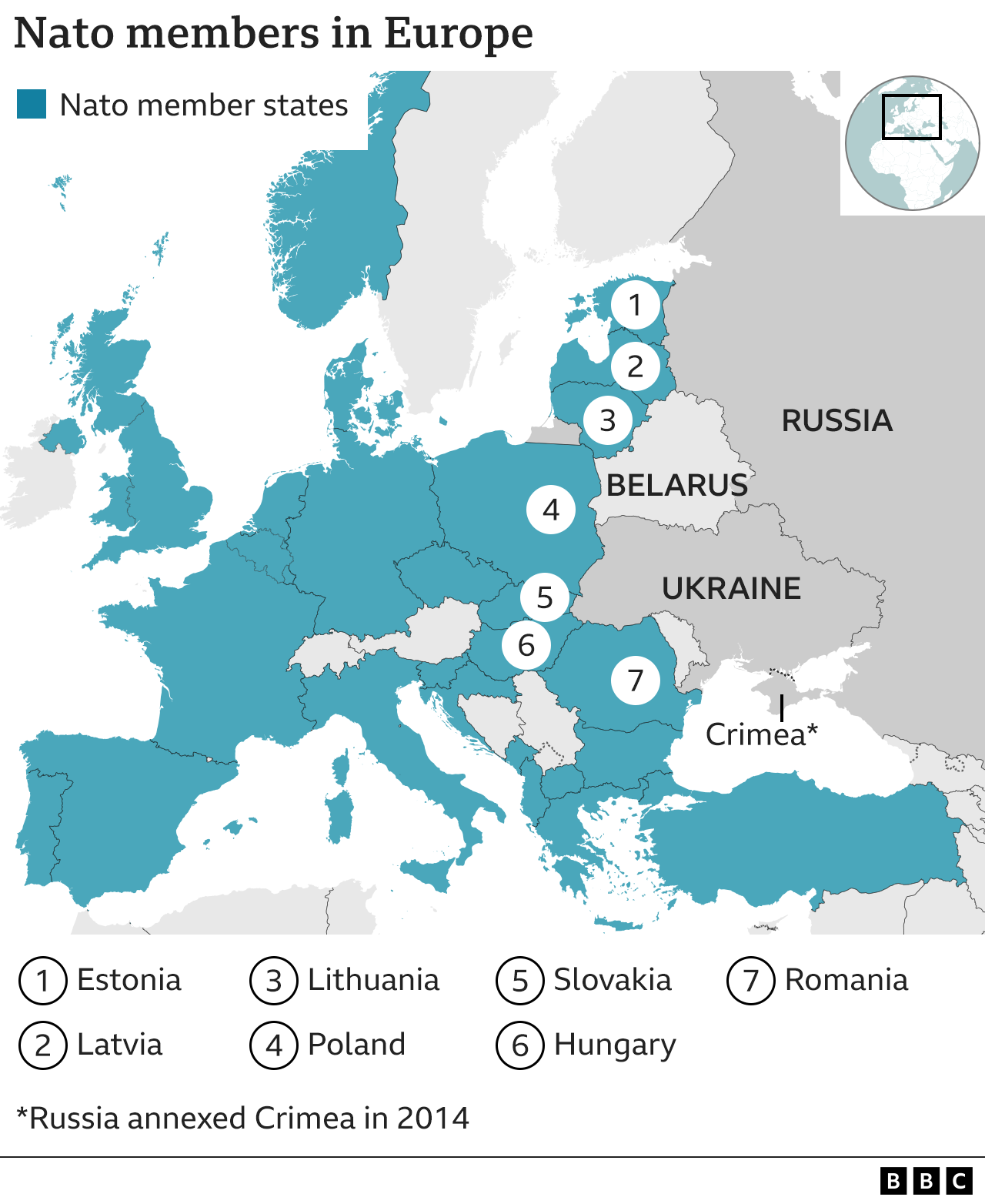Senior diplomats from the US and Russia are meeting in the Swiss city of Geneva for the first of a series of crunch aimed at defusing tension over Ukraine.
The stakes for these talks on Monday are high. But both sides hold wildly different expectations. The US and other Western powers want to dissuade Russia from invading Ukraine.
But Russia wants to talk about its maximalist demands for Nato to retreat from eastern Europe. It’s calling for Nato to pull its forces out of former Soviet countries, end any eastern expansion and rule out Ukraine joining the alliance.
Some US officials fear these demands are deliberately unrealistic, designed to be rejected and used as a pretext for military action. Other diplomats believe Russian President Vladimir Putin is aiming high to squeeze concessions out of a Western alliance that is willing to give ground to avoid war.
They say the Russian president is effectively demanding an end to Europe’s post-Cold War security architecture and the establishment of a Russian “sphere of influence”.
- EXPLAINED: Is Russia preparing to invade Ukraine?
- ANALYSIS: EU looks for role in Ukraine crisis
- CONTEXT: Russians see no chance of conflict
A high price
Given this, the US and Nato have dismissed most of Russia’s demands as “non-starters”. And the US has categorically denied reports it is considering possible troop reductions.
But American officials have said they are willing to look at curbs on military exercises and missile deployments.
One idea is a partial revival of the Intermediate-Range Nuclear Forces Treaty that the US abandoned in 2019 after Russia was accused of breaching its provisions. Other ideas are more measures to build confidence and greater transparency between Russia and the US.
The fear among some European allies is that even this would be too much of a reward for Russia, too high a price for trying to avoid conflict in Ukraine.


They fear the US might be willing to concede too much so it can focus more on China and domestic challenges, such as the Covid-19 pandemic and the economy.
The US is aware of these fears and repeatedly insists it will not agree anything about Ukraine or European security without those countries involved.
Either way, President Putin has already made some gains, winning a platform this week to air his grievances and force the US and Europe to engage with his agenda of Nato reform.
Both sides are playing down expectations of an immediate deal. But that does not mean this week’s talks are not important.
A crucial staging post
At best, the talks could shed more light on Mr Putin’s intentions and reveal if he is serious about engaging in diplomacy.
At worst, a breakdown could lead to war, allowing Mr Putin to claim to his domestic audience that the West was not willing to talk and agree to his demands, and he was thus forced to act to ensure Russia’s security.
Western diplomats say they are ready for what they see as this false narrative: hence the Nato Secretary General, Jens Stoltenberg, insisting the alliance is ready for any Russian military action, and the firm warnings from the US and Europe that any invasion would be met with massive economic sanctions.
So, this week’s talks could prove a crucial diplomatic staging post, with the fate of Ukraine and Europe’s post-Cold War security architecture in the balance.




No comments:
Post a Comment
Note: only a member of this blog may post a comment.